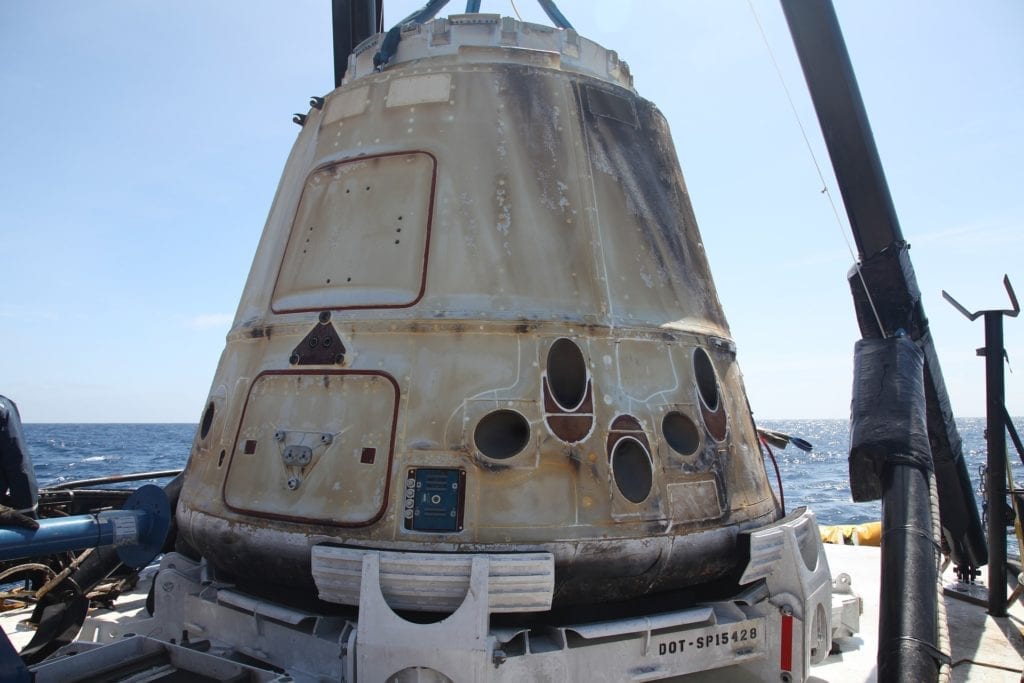The company is looking to use their technology more than once and is preparing to recover them for re-launch.
Now that it has been shown that SpaceX rockets are able to make landings on a consistent basis, they are now looking to insurance underwriters to make it possible to be able to reuse those devices for the launch of commercial satellites.
The insurance industry will need to be heavily involved in this process in order to manage the financial implications.
Over the next week or two, the Hawthorn space company will be addressing international and domestic insurance underwriters with regards to the progress being made with SpaceX rockets and their plans for reuse. As a component of the review that they hold on an annual basis, they will include a discussion of the SpaceX Falcon 9 rockets and the ways in which they intend to use them more than once.
Insurance companies will require the company to determine how many times SpaceX rockets can be reused.
 In order to obtain the special insurance coverage it will need to reuse the rockets, SpaceX is going to need to determine exactly how reusable its technology really is. That is, it will need to know just how many times a rocket can be reliably reused and then it will need to estimate the cost that would be associated with refurbishing a rocket in order to reuse it. This, according to the consulting firm, Frost & Sullivan’s senior industry analyst for aerospace and defense, Michael Blades.
In order to obtain the special insurance coverage it will need to reuse the rockets, SpaceX is going to need to determine exactly how reusable its technology really is. That is, it will need to know just how many times a rocket can be reliably reused and then it will need to estimate the cost that would be associated with refurbishing a rocket in order to reuse it. This, according to the consulting firm, Frost & Sullivan’s senior industry analyst for aerospace and defense, Michael Blades.
Falcon 9 has already been granted a “tremendous amount of support” by insurance companies, said Aon International Space Brokers chief exec, Jeffrey Poliseno. He explained that the rocket has proved its reliability until now, allowing insurers to extend their support. He also pointed out that “It’s a matter of keeping the market educated on what’s going on.”
Poliseno will be in attendance at the insurance industry meetings being held by the Hawthorn space company. When discussing the SpaceX rockets and the intentions for reusing them, he pointed out that “Generally when you do that and demonstrate something works, they’ll be very supportive.”
